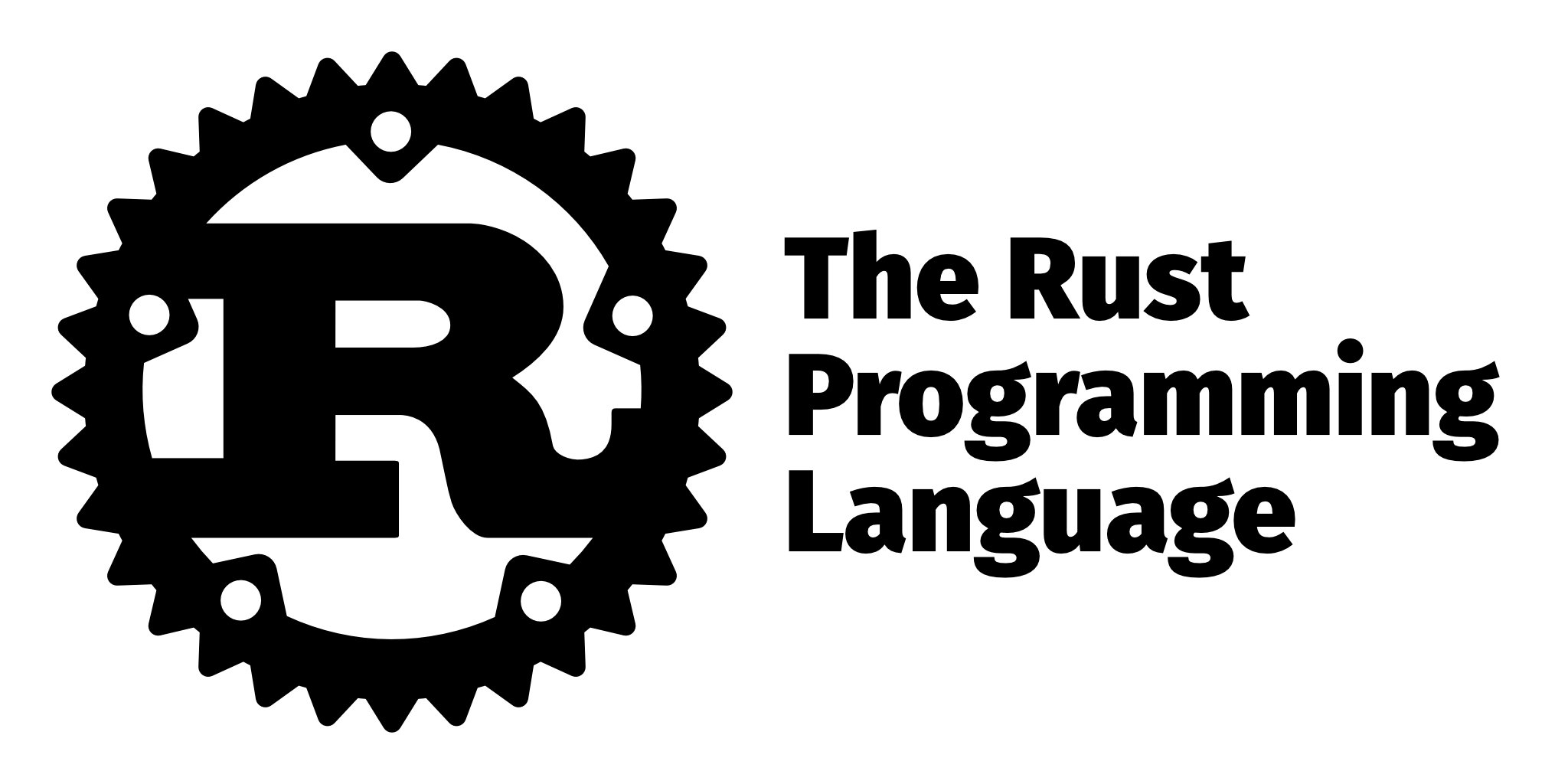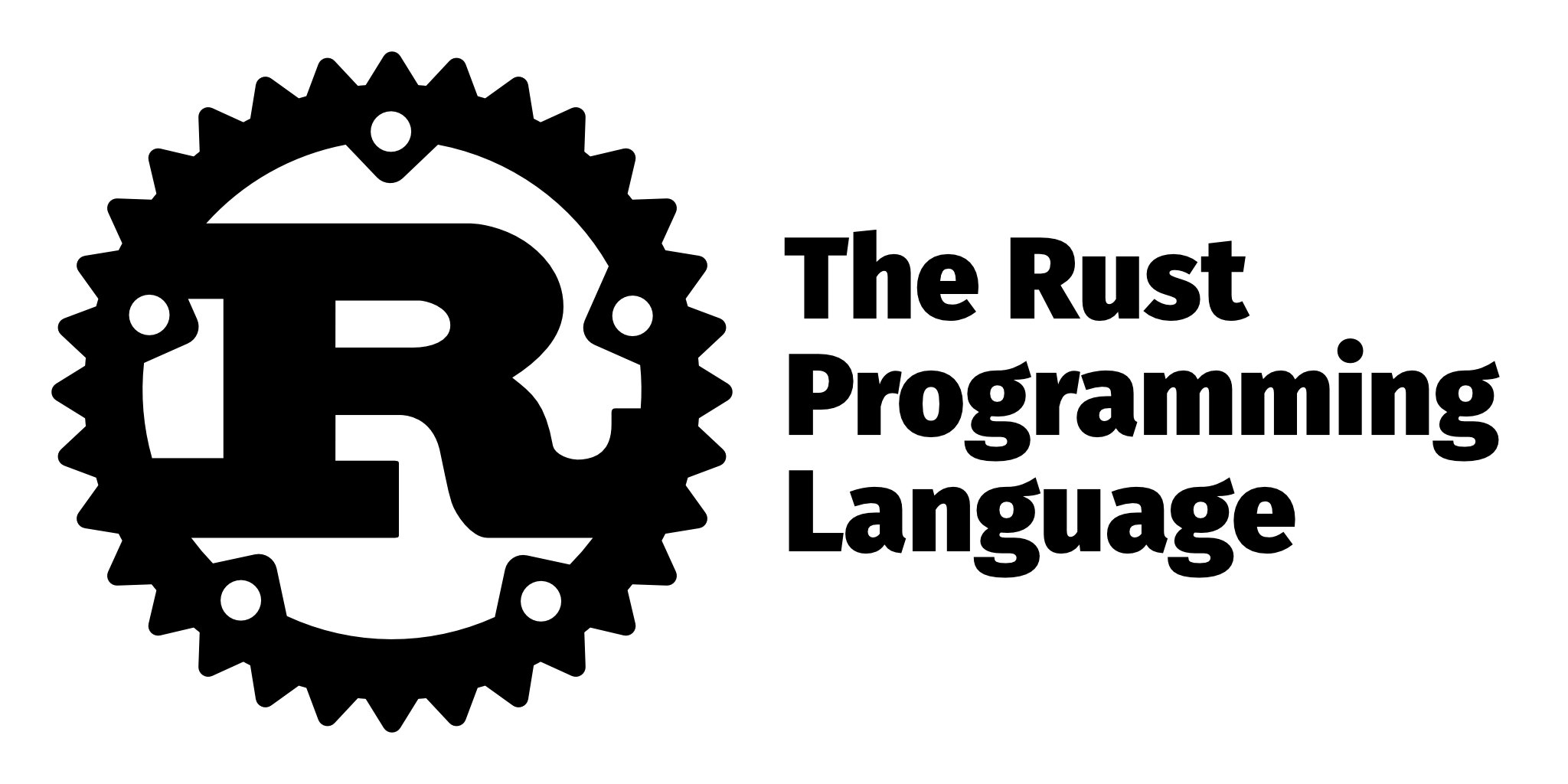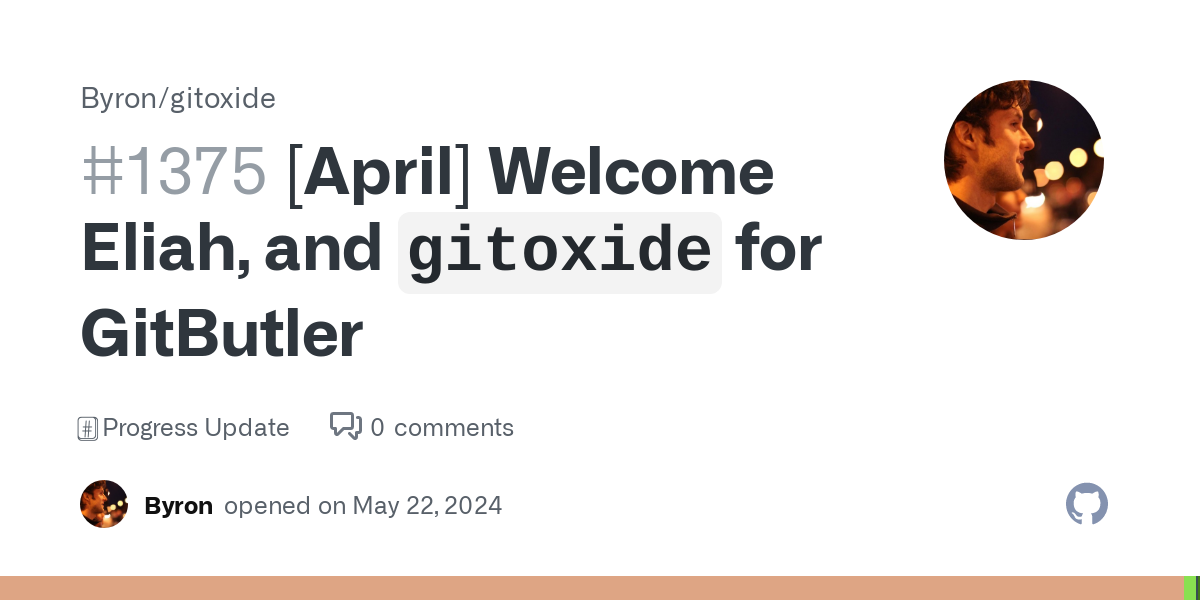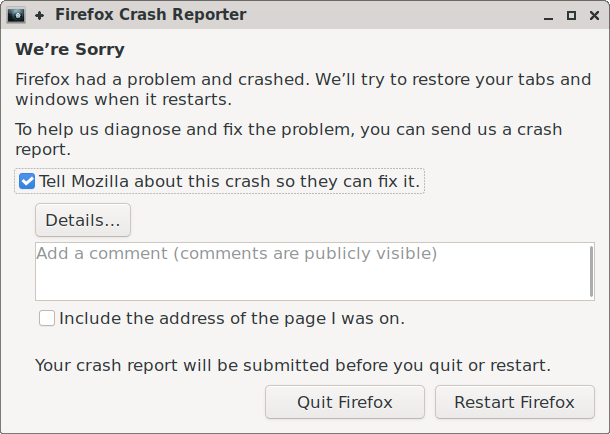- 29 Posts
- 51 Comments

 30·6 days ago
30·6 days agoNo, it is not based on Gnome. It is a full DE environment written in rust.

 41·17 days ago
41·17 days agoThe problem with assassin the Russian economy, is to do it faster then it commit suicide.

 13·20 days ago
13·20 days agoNot the latest, but one of the biggest improvements was the Ultimate Hacking Keyboard. Now I have programmed the keyboard to have VIM navigation at the keyboard level. The latest was switching to neovim and setting it up properly.
One breaking change, that they doesn’t list as breaking (I guess since I assume the old was always broken) is: Dynamic registration of LSP capabilities. An implication of this change is that checking a client’s server_capabilities is no longer a sufficient indicator to see if a server supports a feature. Instead use client.supports_method(<method>). It considers both the dynamic capabilities and static server_capabilities.
So if you had code like
if client.server_capabilities.inlayHintProvider then ... endyou now should use
if client.supports_method("inlayHintProvider") then ... endSo, not really a breaking change I guess, but something you should change any way.

 402·2 months ago
402·2 months agoYou are confusing Google and Internet… they are very different things.

 121·2 months ago
121·2 months agoHad to test with Kagi also, leads with official documentation, after that tutorials and unofficial things. Nothing obviously irrelevant. The only thing with the Kagi results, was that there were a few very simmilar official documentation links (for different postgresql versions) at top. But, still good search results. Not sure why anyone is still using google, when there are quite a few better alternatives availale

 511·3 months ago
511·3 months agoRemoved by mod

 1511·3 months ago
1511·3 months agoRemoved by mod

 2512·3 months ago
2512·3 months agoRemoved by mod

 2714·3 months ago
2714·3 months agoRemoved by mod

 2·3 months ago
2·3 months agoThat’s why it felt very early to have used it before it was default, I mean before 2016 felt too early for me… But it was way before Covid, so I’d say around 2017.

 2·3 months ago
2·3 months agoI know I have used it since Fedora made it default in 2016. I think I actually used it a while before that, but I don’t have any thing to help me pin down the exact time.
Since I only use Intel built-in GPU, everything have worked pretty well. The few times I needed to share my screen, I had to logout and login to an X session. However, that was solved a couple of years ago. Now, I just wait for Java to get proper Wayland support, so I fully can ditch X for my daily use and get to take advantage of multi DPI capabilities of Wayland.
Didn’t they switch to a license with stronger mechanisms to keep the source available? SSPL, is basically AGPL but have even stronger protection from large corperations to use the code in their data centers without contributing the changes back. This is basically a move to prevent AWS/Google/Microsoft/et al, from leaching on the contributors work without giving anything back.
Or am I reading this wrong?
EDIT: Note, that the Mastodon account is to an AWS employee… so for him, this might be bad, since it no longer allows them to have their own internal fork without contributing back. Now, they will need to use a real for and maintain that them selves without leaching on the redis contributors.
I have been a vim user for more than 20 years. I tried to quit for a couple of years, but now I have just accepted my faith.
But is the desktop really the most relevant measurement? Wouldn’t it be more relevant to talk about “primary” devices? When I grew up, the desktop was what people used to connect with Internet and everything that comes with that. Hence, Linux on the desktop seemed to be relevant. Now, that is still relevant in relation to work and gaming, but for general use people use other devices. So instead of “on the desktop” I think we should talk about “for work”, “for gaming” and “for programming”.

 10·4 months ago
10·4 months agoThat is wezterm which have builtin Nerd Font fallback, and I actually think WezTerm renders it to wide to fit it better with other fonts. But the rest of the font is JetBrains Mono

 17·4 months ago
17·4 months agoYes, that was the first that came to my mind when I saw the TIL post… which also was why I felt the need to see if that rant is still valid, or if modern libraries could handle that.
Yes, they are not very upfront with this requirement, almost like they have understood that people doesn’t like it, but instead of fixing it they just try to hide it from their marketing material. And that doesn’t feel shady at all…
From their documentation
Unlike classic terminals, Warp requires you to sign up and log in to get started with the app.
So, yeah, it might be that people are not very impressed by a terminal that requires a cloud account.
But, if you don’t type anything sensitive on to your terminal, like passwords and such, then you should be fine…









I used to use IntelliJ Rust as my primary rust IDE, but when they switched to Rust Rover I stopped using it. Not sure why actually, possibly since I used Java with IntelliJ it was already my go to IDE, so using it for Rust was natural. I also guess, that I had nvim with rust-analyzer working, so that was available at my finger tips already. So, I might have switched over anyway… who knows.
Anyway, it is good to see more options available, and I hope it is getting so good that it is worth the money.